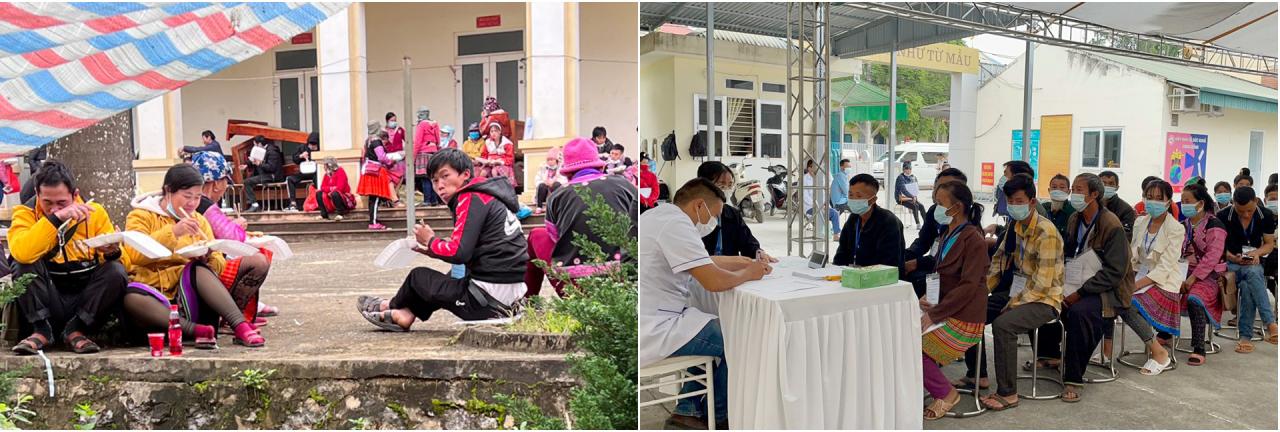
In mid-March 2021, when “Covid vaccine” was a “hot” keyword in all newspapers and social networks, a group of 6 female researchers from the Center for Clinical Pharmacology, Hanoi Medical University, was assigned an important task that attracted all the attention of the media. That was to test on humans the first injections of Covivac - the first Covid-19 vaccine in Vietnam produced by Nha Trang Vaccine and Medical Biologicals Company. On March 15, standing in the “no entry without permission” drug preparation room, pharmacists Bui Thi Huong Thao and Nguyen Thi Thuy still had trembling hands as every familiar movement was closely observed by the monitoring experts of the specialized unit. Behind a screen were many officials from ministries and branches, especially a large number of reporters, just waiting to rush in. A senior nurse assigned to vaccinate volunteers could not help but feel “trembling” during that tense moment. That morning, the entire team had only one task: to mix the medicine and inject 6 volunteers, of whom only 1 person was actually vaccinated, the remaining 5 were only injected with Placebo. In the same few hours, just a few months later, the research team and colleagues could inject up to several hundred volunteers. Previously, to select 120 volunteers to test the Covivac vaccine in phase 1, the research team of 6 women led by Associate Professor, Dr. Pham Thi Van Anh had tireless working days. “Just 2-3 days after posting information about looking for volunteers on the website and fanpage, the group received 3,000 applications. We screened and contacted 250 people. We quickly ignored the calls that no one answered because we didn’t have time to call back. In the end, 224 volunteers came to visit and we selected 120 people who met the criteria.” “From that moment on, the sisters’ phones were ‘burned out’ from early morning until late at night. The volunteers not only saved their phone numbers, but also made friends on Zalo. They asked and asked for advice on all sorts of things, not only for themselves but also for their relatives. Many people even asked for advice on childcare and family care…” - pharmacist Huong Thao recalled that tiring yet joyful time.
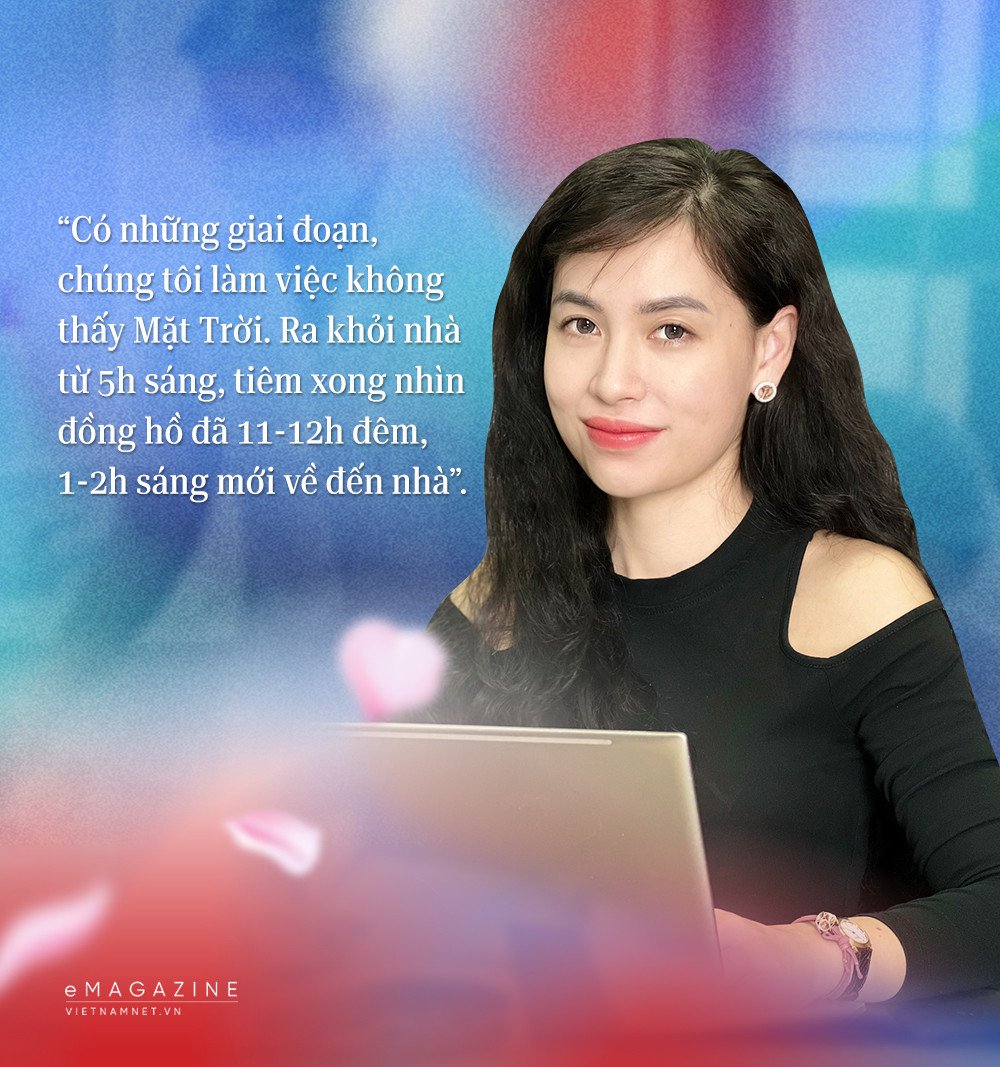
After phase 1 of Covivac, in August 2021, the Center for Clinical Pharmacology was again trusted to be selected as the unit to implement all 3 phases of the clinical trial of the ARCT-154 vaccine. With a staff of only 6 people participating in organizing and coordinating the research, the Center coordinated with specialized units in the school to urgently complete the task. The end of phase 1 of the research was also the time when Hanoi began to implement the vaccination of the entire population. Therefore, the research was forced to expand the locations to recruit enough volunteers. Yen Phong district (Bac Ninh) and Quang Xuong district (Thanh Hoa) were selected as the next research sites. Within just 2 months, the research team, together with specialized units of Hanoi Medical University, screened 7,895 subjects and selected 5,919 volunteers who were eligible to participate in the research. The entire ARCT-154 research process took place within 13 months, especially during the complicated developments of the pandemic. Only a few months after ARCT-154 was tested, in December 2021, the Center was assigned to conduct phase 3 clinical trials of the Shionogi vaccine in Dak Lak, Lang Son, Hoa Binh, Ninh Binh, Dien Bien, Bac Kan, and Phu Yen. In less than 4 months, the female researchers recruited and screened 6,849 volunteers and vaccinated 5,240 people at 10 different research sites in 7 provinces across the country. Ms. Thao said that this was the time when the epidemic broke out in the North and the stage when the group conducted 3 studies at the same time. “We worked without seeing the Sun. There were times when we had to race against time because the next day, people were required to be vaccinated with the Government's vaccine. If they had been vaccinated with a licensed vaccine, they could no longer be vaccinated with an experimental vaccine. There were days when we left the house at 5am, and after the vaccination, we looked at the clock and it was already 11-12pm. Only then did we suddenly remember that we had not gone to the toilet all day,” said Ms. Thao. Doctor Dang Thi Ngoc Mai - the youngest member of the research team - sometimes joked with people that during that period she had to work at “300% of her productivity”. “We started working at 6am, and continued until 11-12pm to finish examining the last subjects. It was normal to go home at 2am, and it was like that from August 2021 to February-March 2022.” “In addition to research, the Center is also assigned to evaluate many types of vaccines before they are licensed. On the 28th and 29th of Tet, the entire Center still went to the office to discuss the evaluation of documents because of the urgent time, racing against the speed of the epidemic spread” - the female researcher born in 1991 shared.

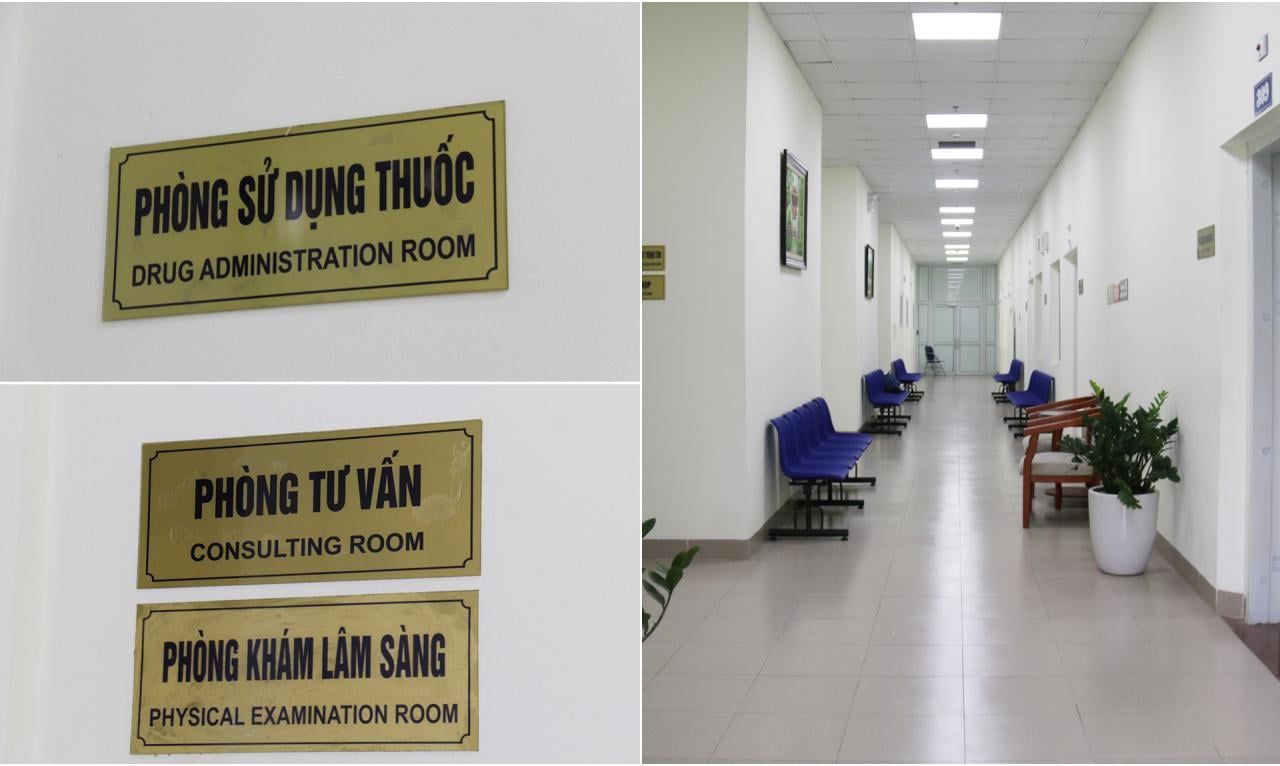
These are the numbers that most accurately reflect the amount of work that the research team of the Center for Clinical Pharmacology has completed. In 2022 alone, they had 60 business trips across the provinces. During the Covid-19 season, the women and their colleagues searched for, screened, and examined about 13,000 volunteers, with a total of more than 80,000 visits. Ms. Nguyen Thi Thuy - a pharmacist and researcher of the group - had her 24th business trip to Dak Lak. The shortest trip lasted 7-10 days, the longest was 20-25 days. "In the past two years, everyone has traveled so much that it feels like we are aging, aging several times faster than normal," Ms. Huong Thao joked. Conducting research across the provinces, the women also have many unforgettable memories of the lands they have set foot on. Ms. Thao said that there was a vaccination period that fell on the 6th day of Tet. On the 5th day of Tet, the group arrived in Van Quan, Lang Son, and the whole town seemed deserted because our people celebrated Tet until the full moon. "There was no one on the street, no shops to eat. Luckily, the landlord brought cold rice, instant noodles and ready-made food to cook for the whole group to eat temporarily." "In the locality, all services are completely different from those in Hanoi. There were evenings when volunteers had to stay longer, so we gave our rice to the volunteers. In the mountainous areas, people go to bed at 8pm, so where can we buy more rice? We had to go hungry until the work was done and then buy cakes and fruits to eat later," said Ms. Thao. As for Ms. Thuy - the person in charge of the Dak Lak area, she humorously shared that "eating durian all day" is the way for her to live a healthy life in the Central Highlands. Working with the people, she and her colleagues even gradually learned the Ede and Ba Na languages... "There were times when we called out the volunteers' names but couldn't find them, it turned out that we had misread them." The remote terrain not only made it difficult for the researchers, but also for the volunteers. "There were some people who had to travel 120km from Muong Nhe to the vaccination site. The group had to rent a hotel for the volunteers to stay overnight because they couldn't return in time. That shows that the people themselves are very enthusiastic about scientists and the mass mobilization work of the grassroots medical staff is very good."


Ms. Huong Thao said that when she went to the locality, she found out that many people had never had a health check-up or been to the hospital in their entire lives. There were even some who had never had an injection. Among the more than 80,000 visits, many cases of health problems were discovered by the medical team. "Many people had late-stage cancer, signs of many other diseases - varying in severity... a lot." Doctor Mai still remembers the case of a female volunteer in Thanh Hoa with a history of frequent fainting. After screening and vaccination, a doctor in the group discovered that the patient had an ectopic heartbeat (a heart rhythm disorder). At this time, Associate Professor, Dr. Pham Thi Van Anh - head of the research team - booked a car to take the volunteer from Thanh Hoa to Hanoi for a more thorough examination. She also carefully contacted a doctor at the Cardiovascular Institute to ask for timely intervention for the volunteer. Even when they learned that the economic conditions prevented the volunteer from having regular health check-ups, the group pooled together to support her with some of the costs. Later, after finishing her cardiovascular treatment, the patient and her family went to thank Dr. Van Anh. Dr. Mai still remembers such touching memories during the extremely urgent and stressful days of vaccine research. As for researcher Huong Thao, when she thinks back to the "lovely" volunteers she used to know, she still feels lucky. She remembers that many volunteers became acquaintances of the group after many visits. "There was a woman in Hai Phong who even brought pate sandwiches, sweet soup, and milk tea to invite the researchers."
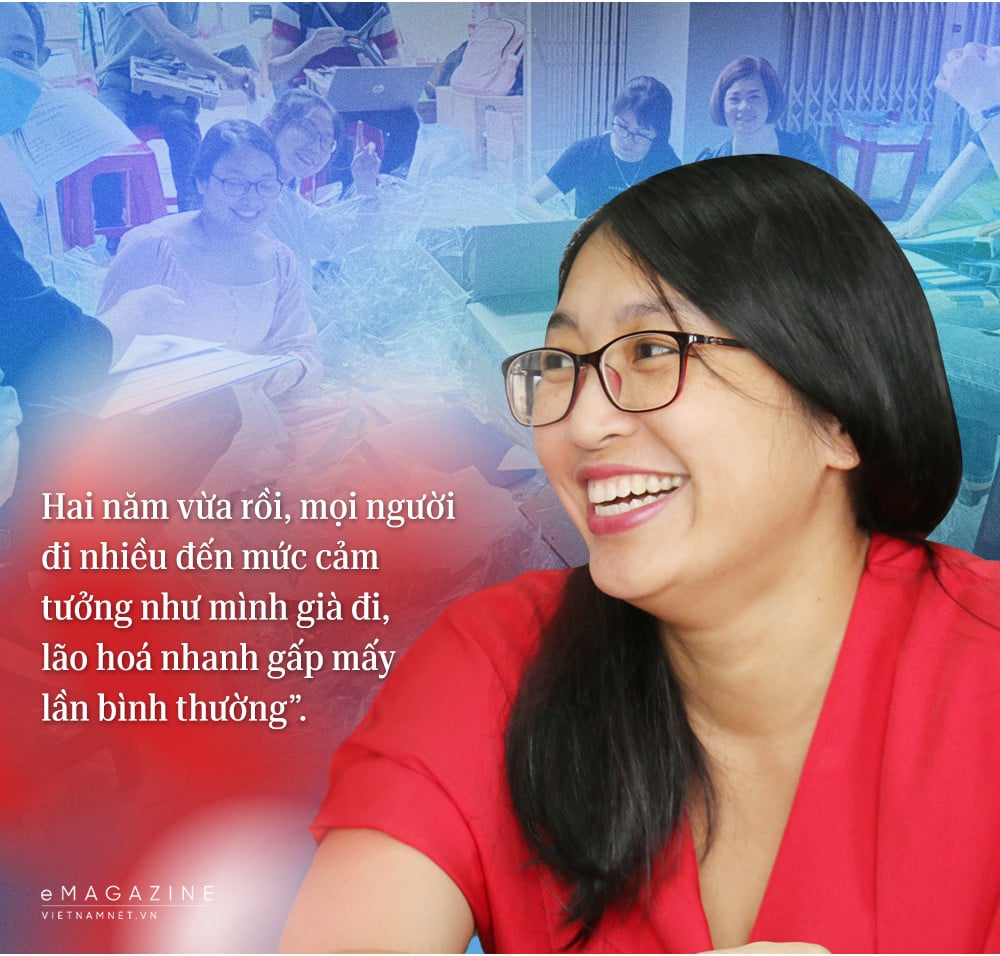
Of course, during the vaccine trial process, public opinion always has two parallel streams of opinion. Besides those who support, there are still those who are hesitant, even with licensed vaccines. Ms. Thao recalls a case in the phase 1 trial of Covivac. “There was a student who enthusiastically registered, calling back and forth many times to ask to participate. However, after hearing the news, her mother picked up the phone and called me, scolding me. She said 'not allowed' and suggested that we disqualify her child if she came to the clinic.” “There are always two opposing streams of opinion about vaccines. There were volunteers who, after being advised of the pros and cons and risks, also withdrew. We respect the participants' decisions and are not sad about that because there are still many people staying with us.” “Although Phase 1 of Covivac clearly stated that it would only recruit volunteers from areas around Hanoi, many volunteers from remote provinces registered. It was not because they wanted to be vaccinated to prevent disease, but we felt that they really wanted to contribute to science. That is why the rate of volunteers participating in the final stage of the center is always above 90% - an excellent number that is difficult to achieve in clinical trials around the world.”

When asked if she was ever afraid of being infected during her research, Dr. Mai confided: “When the pandemic started, colleagues in hospitals rushed to the 'battlefield'. We work in the pharmaceutical industry, but sitting here, we were already eager to go out there. So when it came to implementing research, we didn't think about those risks at all.” Researcher Huong Thao said that at that time, she was so enthusiastic that she volunteered to join the training group, ready to go to the South to help. When people saw her, they "chased her back" because "her husband had already gone to fight the epidemic, and if she went too, who would the children stay at home with?" "My husband is an emergency resuscitation doctor," Ms. Thao shared. In the end, although she did not participate in the epidemic prevention work like her husband, she also "disappeared" for many days and months to serve the epidemic prevention work. “The two children at home had to rely on their grandfather, or the two friends took care of each other. At that time, one was in 6th grade, the other had just entered 1st grade. There was a time when I came back from a business trip, the little one owed the teacher about 20 unsubmitted papers, and he still hadn’t paid off the debt by the end of the semester,” Thao humorously recalled. “In general, after 2 years of the pandemic, the whole family has improved. I had to push my children to do more work so that I could focus on work. As for my husband, he normally only works at the office and is already 150% exhausted. When he comes home, he just writes articles, books, or falls asleep. But since the pandemic, he has started to support his wife, although it is still very little,” the mother of two said with a smile.
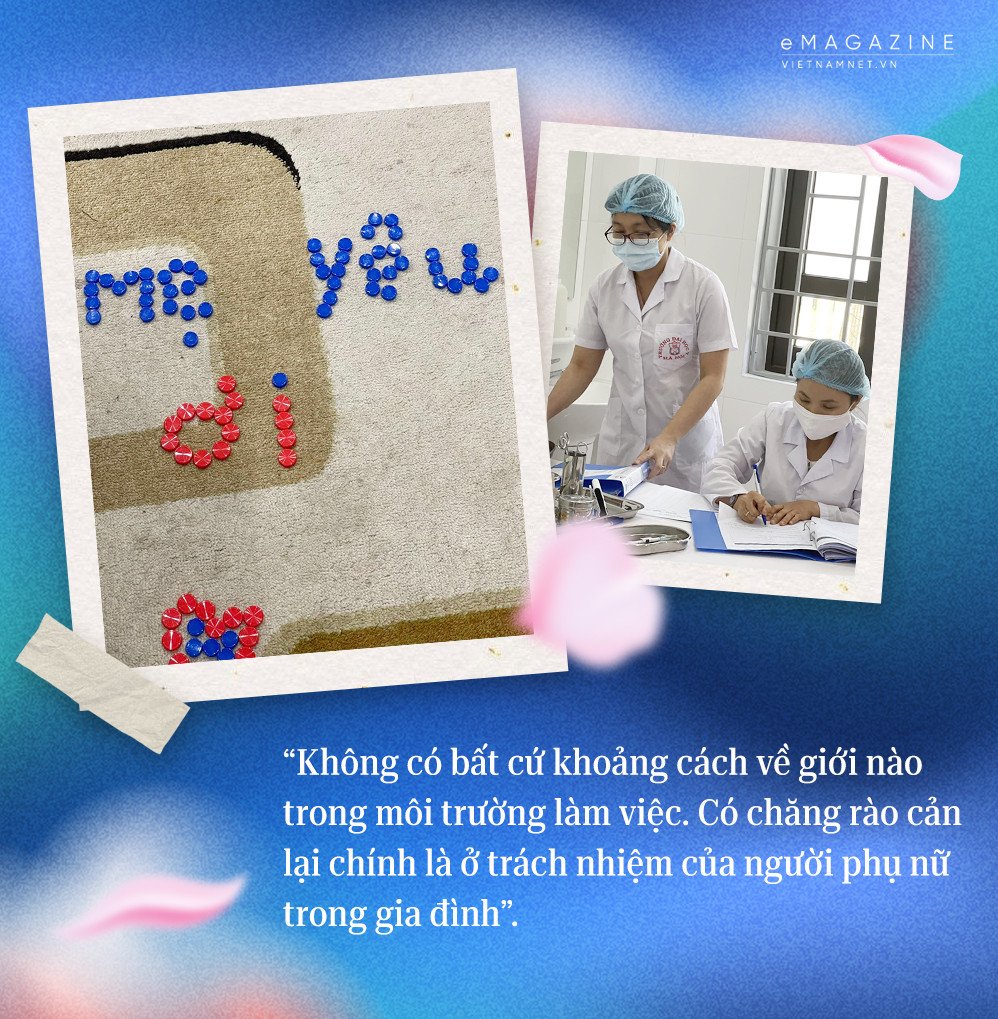
When asked if the working environment is equal enough for women, all the women affirmed that "there is no gender gap, women are even given priority". "If there is any barrier, it is the responsibility of women in the family" - Ms. Thao humorously said. She confided that, like many other women, she spends a lot of time and effort on housework and raising children, especially when the children are all of school age. Therefore, balancing work and housework is always a "difficult problem" for many Vietnamese women. "During my time studying abroad, I observed that women working in science in the place where I studied were not treated equally as in Vietnam. But it is true that in sharing housework, Western countries with a male culture support women much better than we do".

Design: Minh Hoa
Vietnamnet.vn


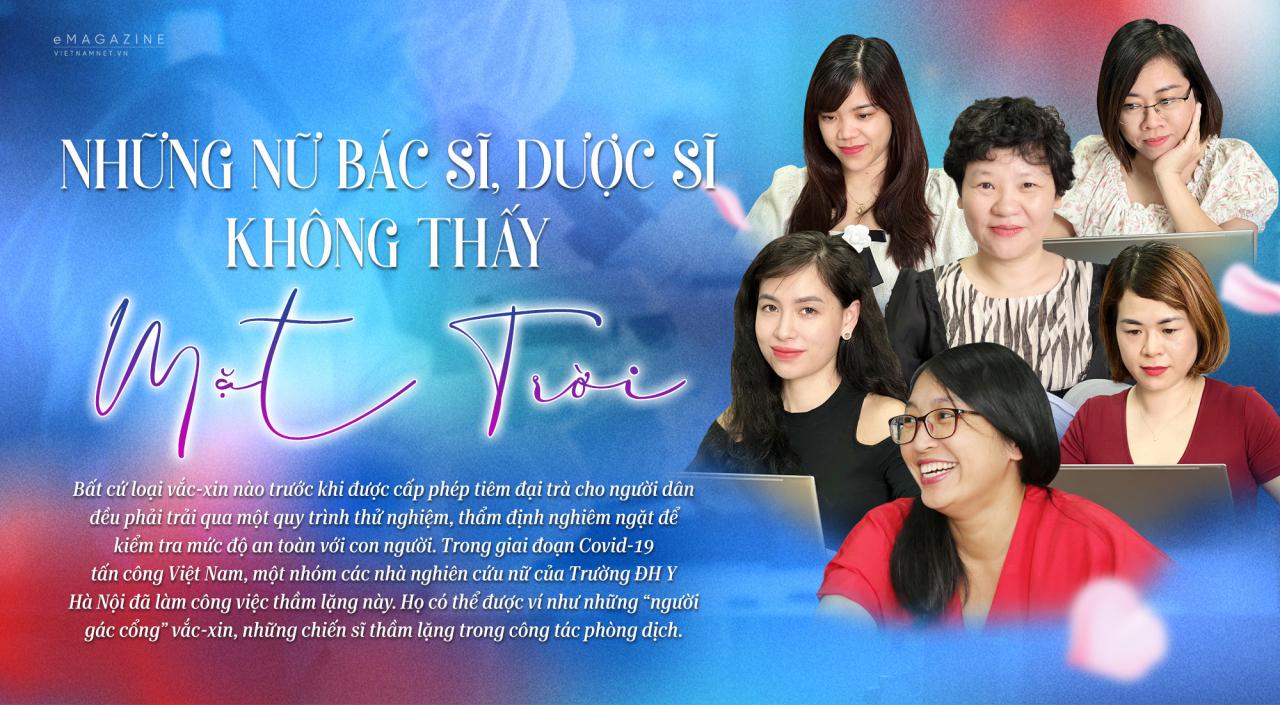


![[Photo] Looking back at the impressive moments of the Vietnamese rescue team in Myanmar](https://vstatic.vietnam.vn/vietnam/resource/IMAGE/2025/4/11/5623ca902a934e19b604c718265249d0)


![[Photo] "Beauties" participate in the parade rehearsal at Bien Hoa airport](https://vstatic.vietnam.vn/vietnam/resource/IMAGE/2025/4/11/155502af3384431e918de0e2e585d13a)

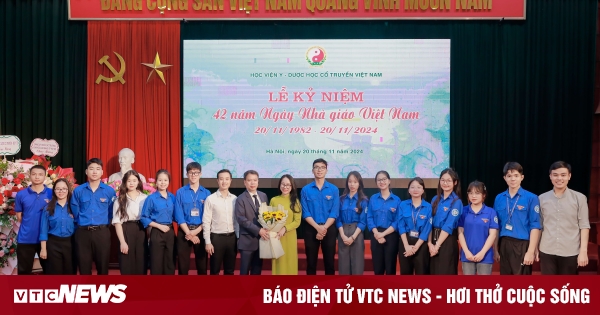

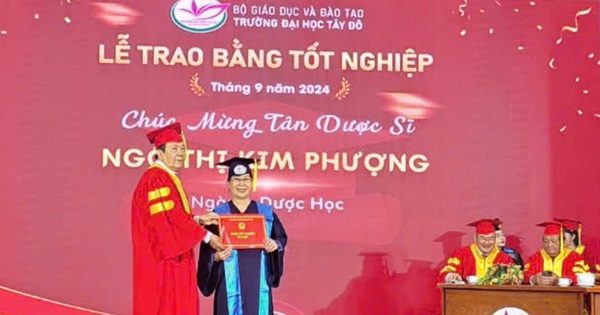

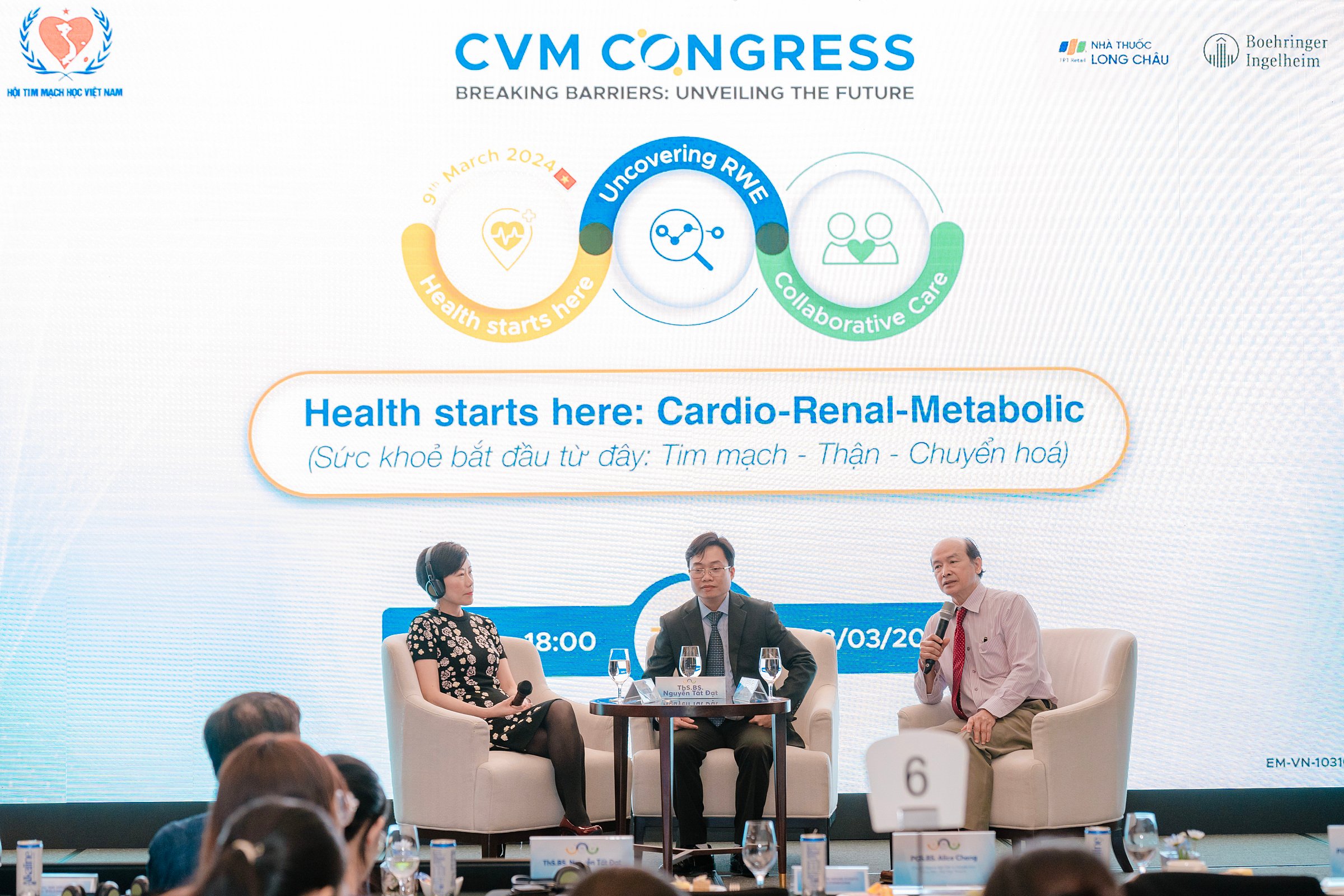



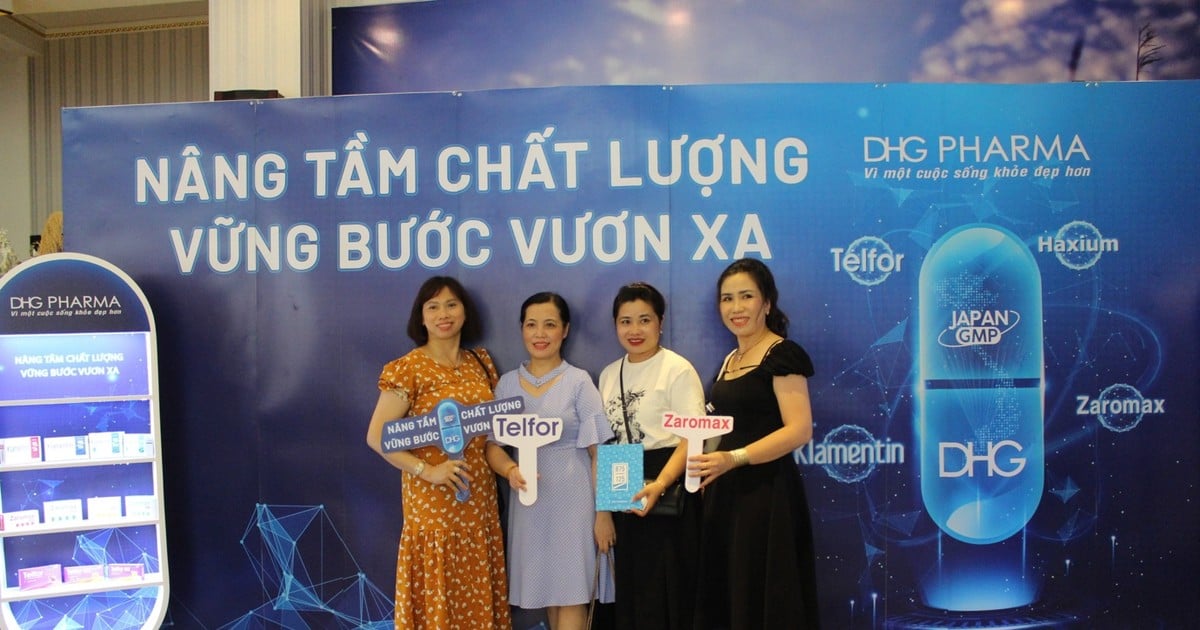
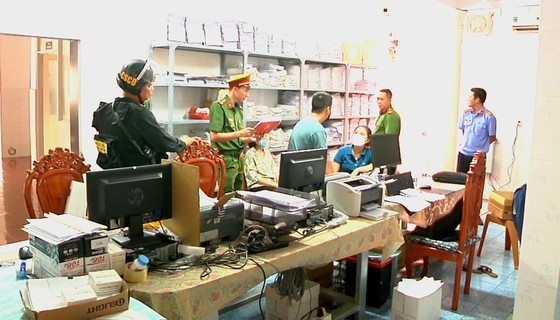










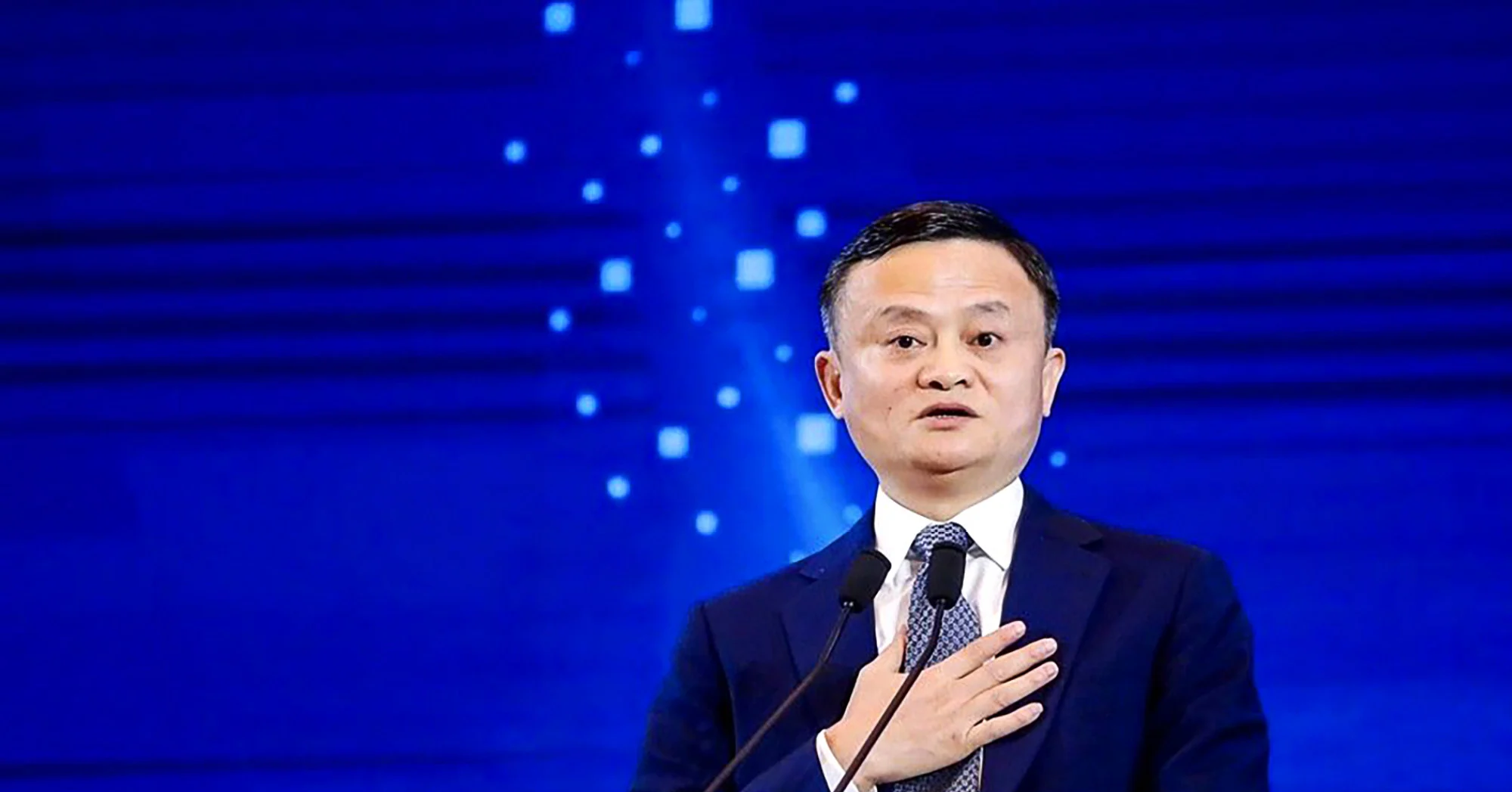
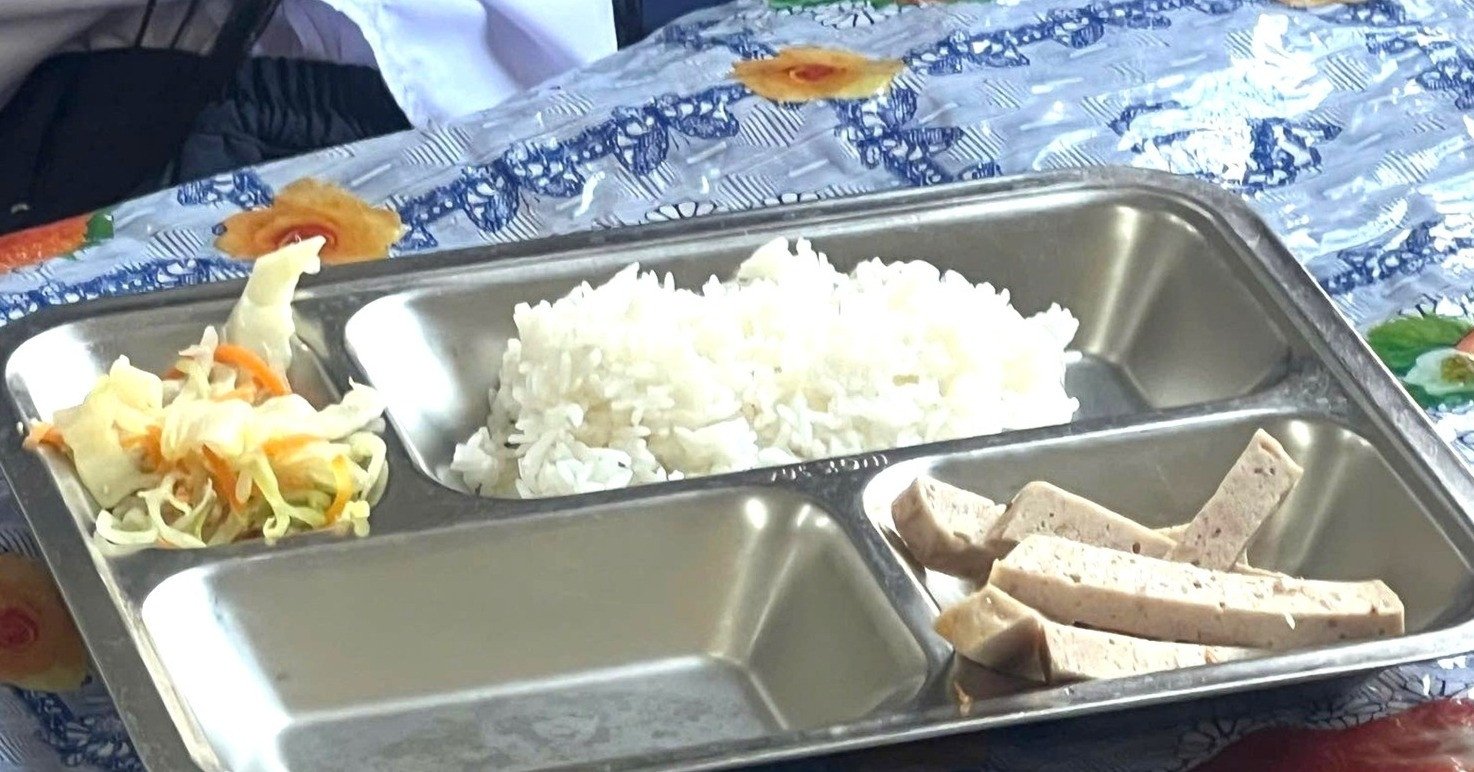
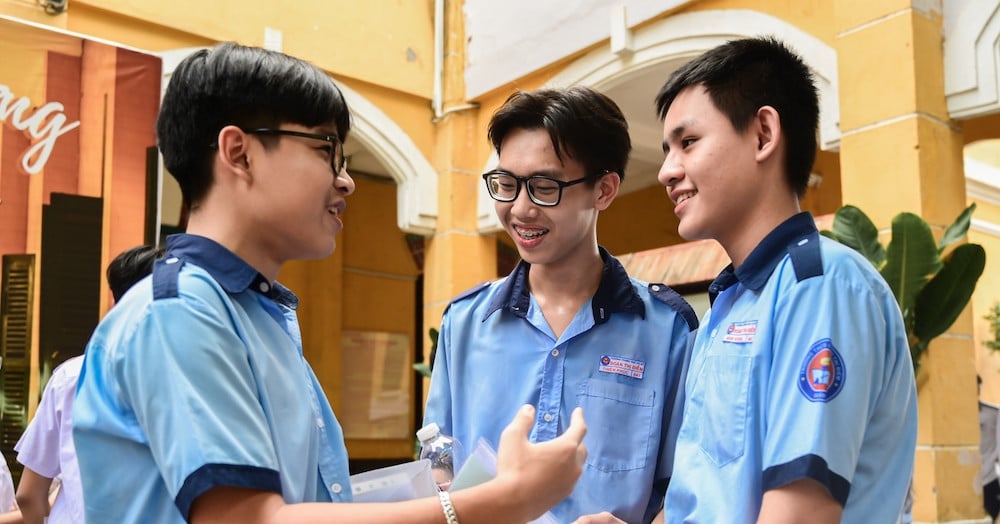
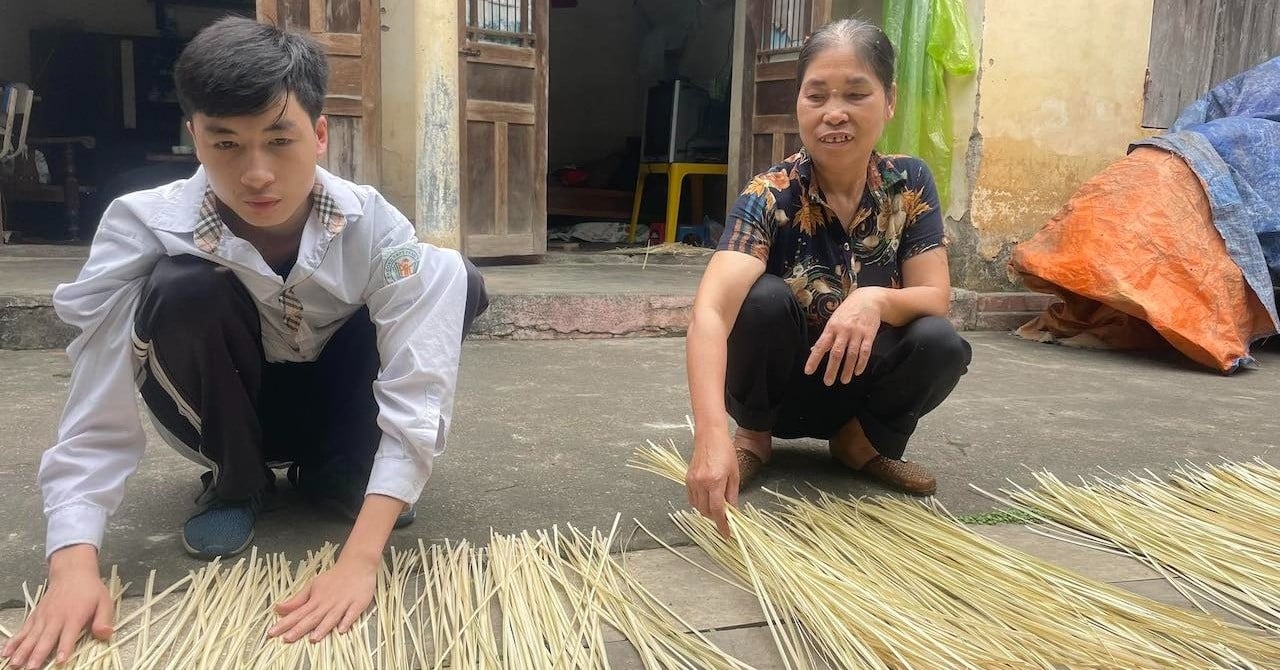
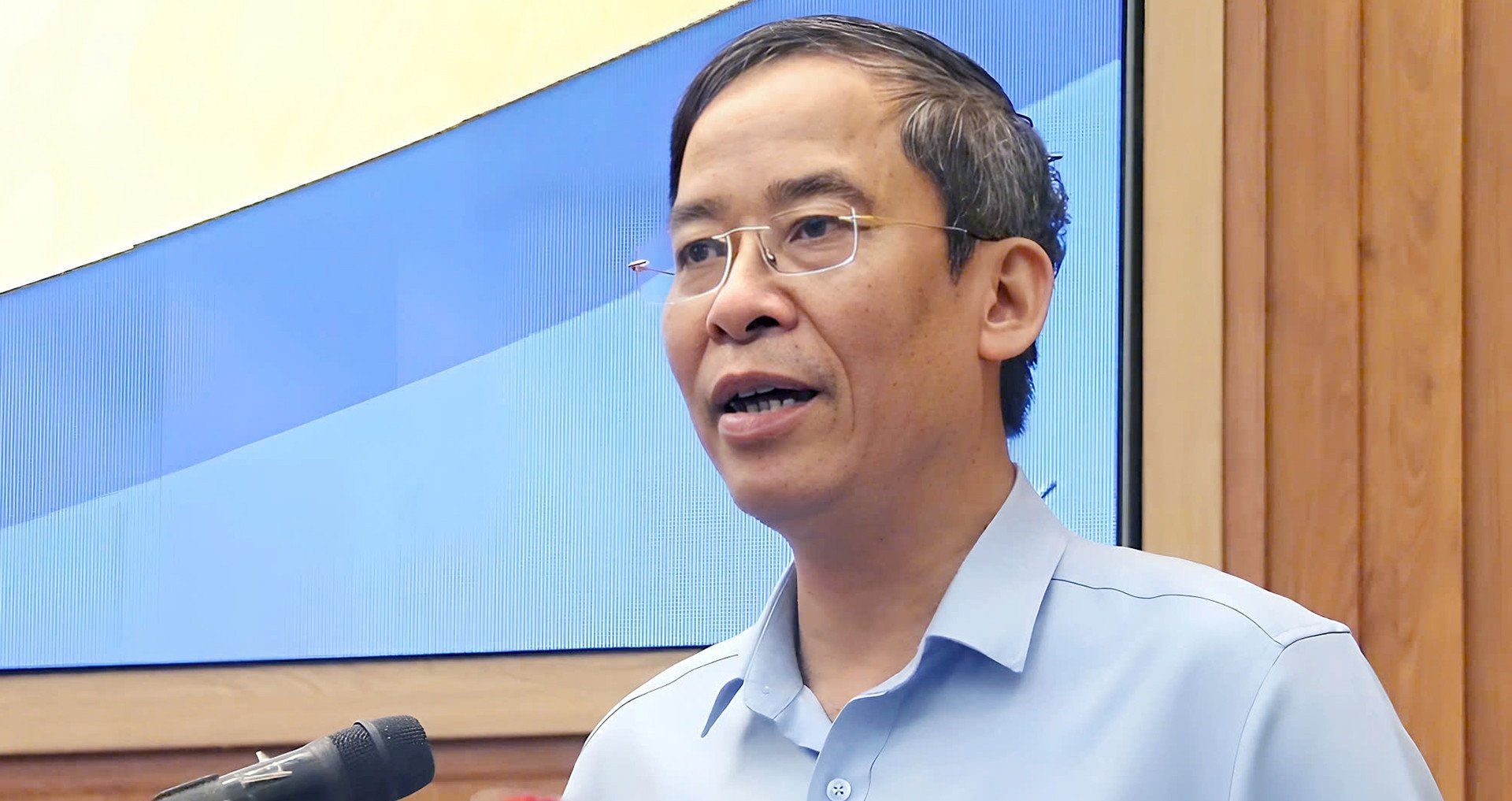

![[Photo] Summary of parade practice in preparation for the April 30th celebration](https://vstatic.vietnam.vn/vietnam/resource/IMAGE/2025/4/11/78cfee0f2cc045b387ff1a4362b5950f)


































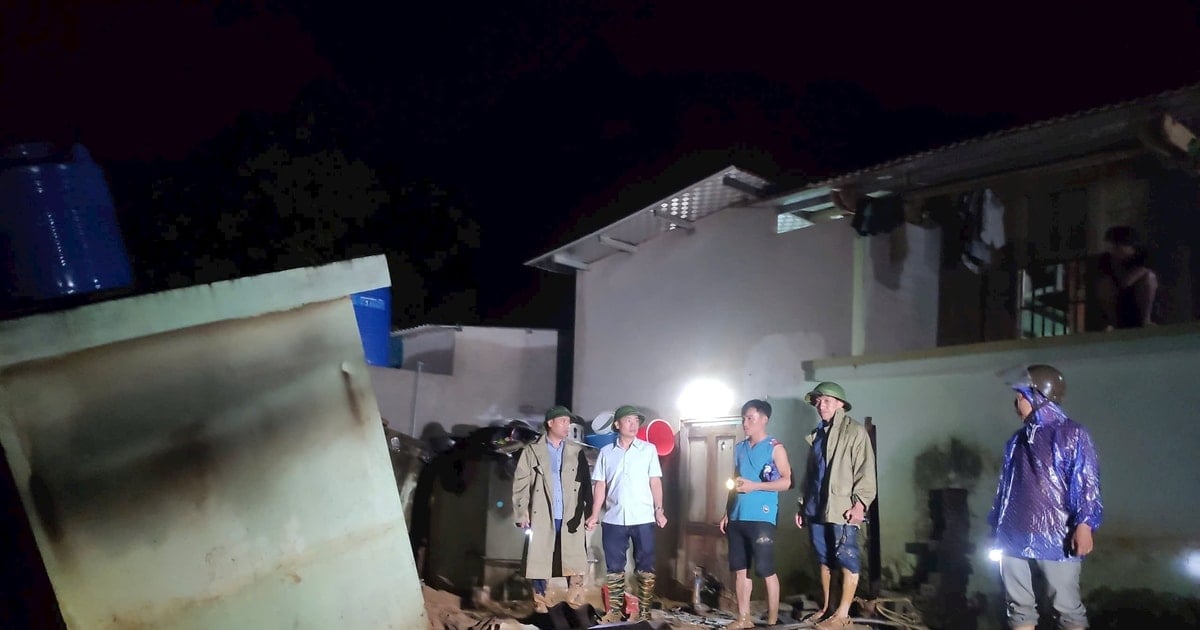

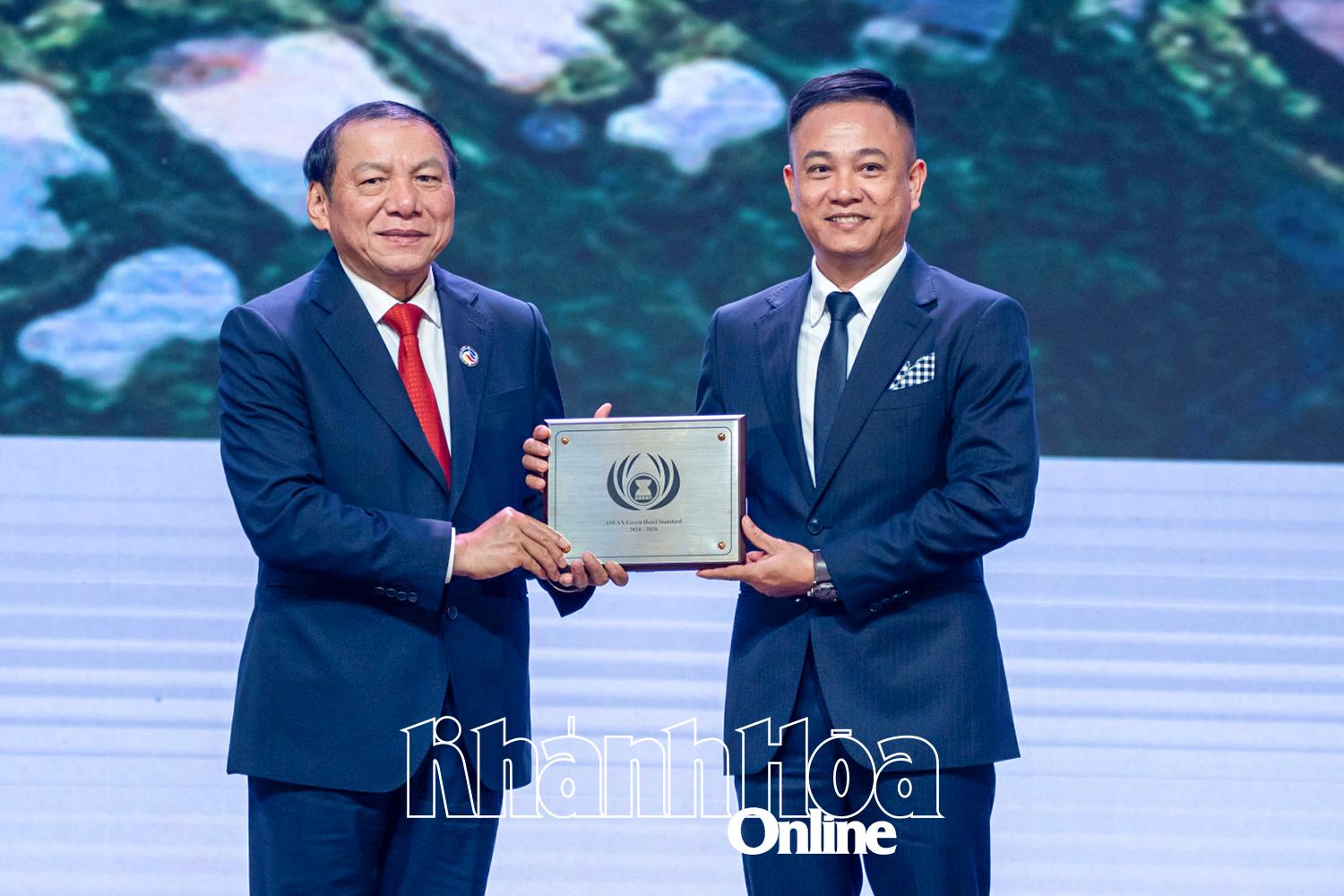

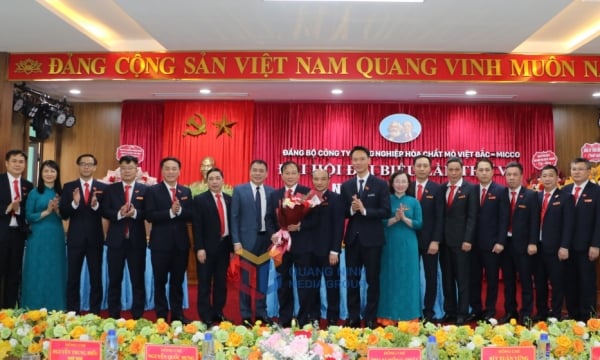
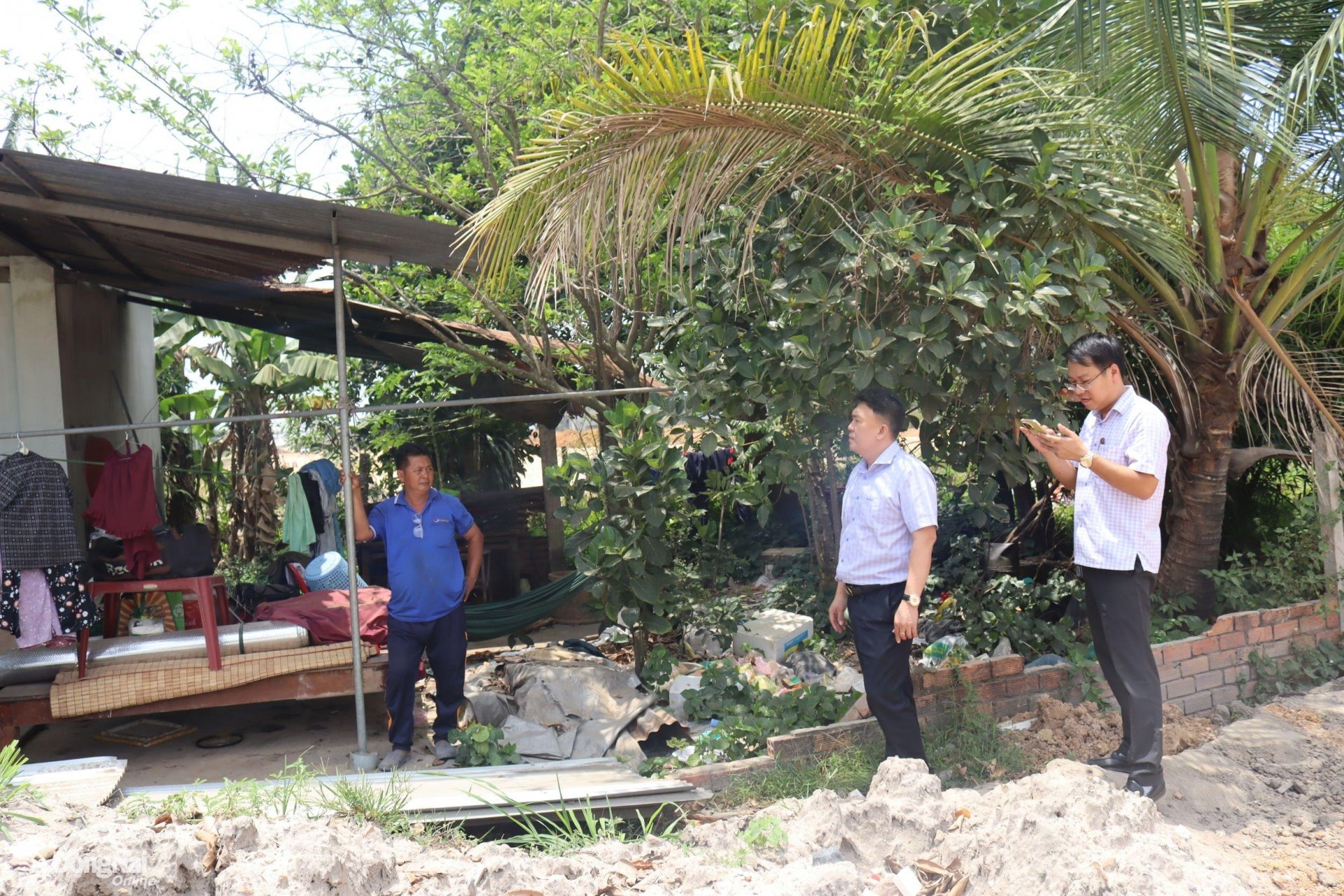

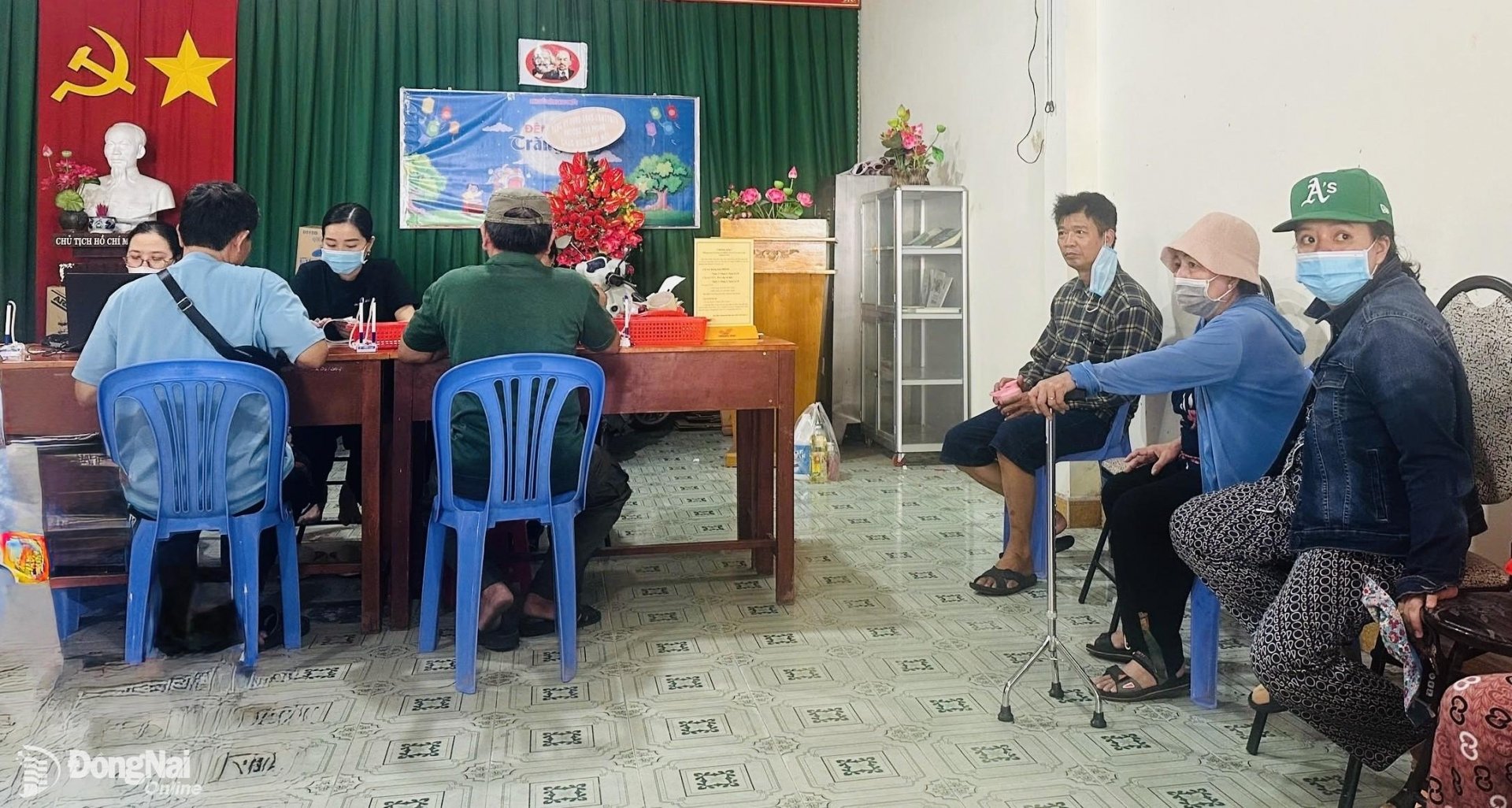
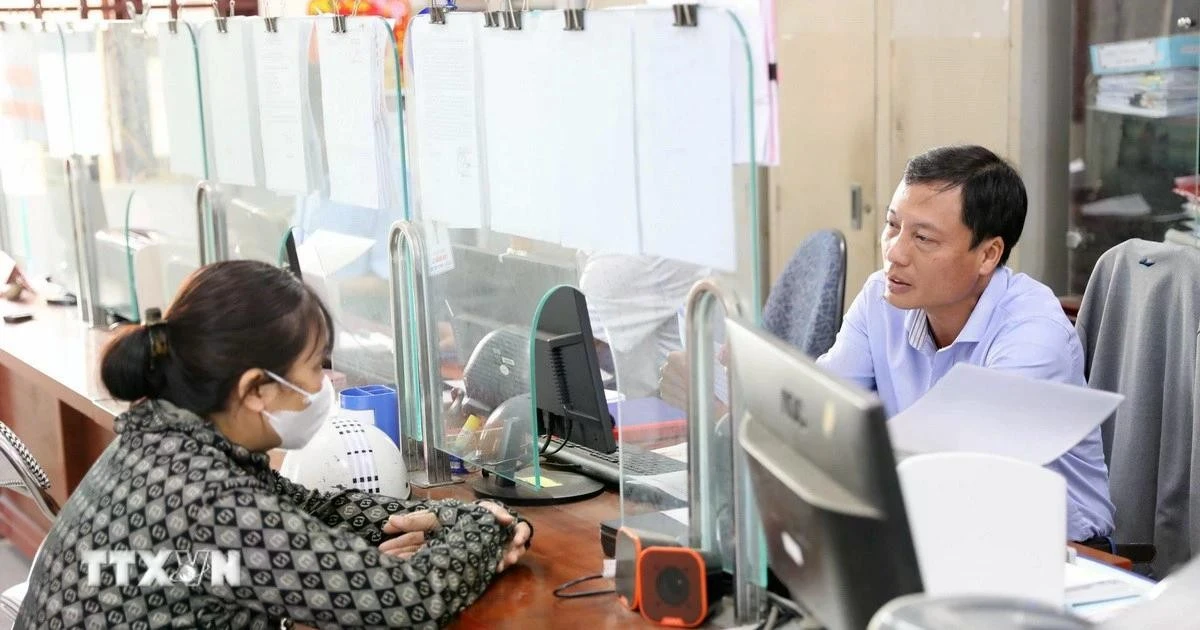












Comment (0)